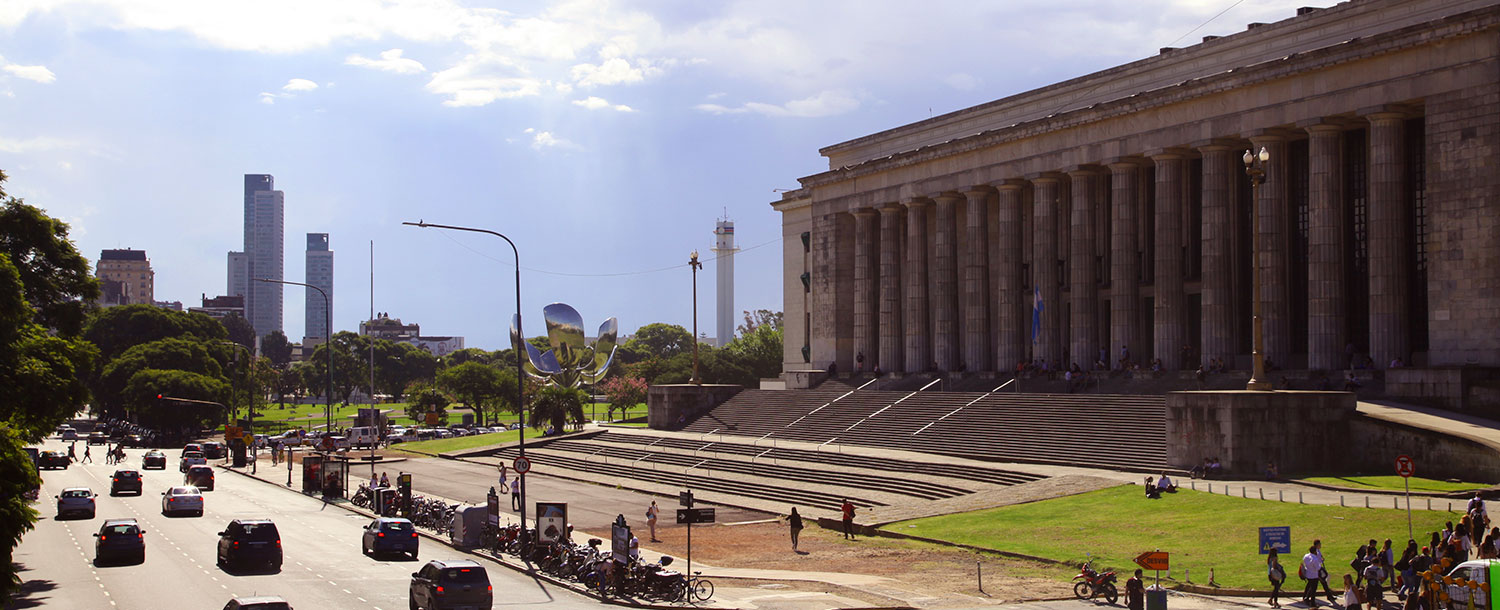New law passed regulating temporary rentals for tourists
The new law guarantees safety for those using the services and requires the digital registration of each property.
The Buenos Aires City Legislature has passed a law regulating temporary tourist rentals. The new rules, promoted by the city tourist board, include a simple online registration for owners who rent their properties, as well as measures to minimise the impact on neighbours. Other cities, including San Francisco, Chicago and Boston have adopted similar regulations.
The draft law presented by legislator Gonzalo Straface addresses the growing international phenomenon of temporary tourist rentals against the background of a boom in tourism in Buenos Aires, with a predicted record of 3 million tourists arriving in the city this year.
The law states that from December 2020 all properties should go through a simple free online registration process giving them an identification number and providing clear details to those who rent the properties.
Legislator Gonzalo Straface said: “The hosts, as the owners of these temporary rental properties are known, must join this simple, completely free and digitalised register, after which they will receive an identification number which will appear on the online rental platforms, providing peace of mind for those renting.”
At the same time the law states that letting a property as a temporary rental cannot be prohibited within building regulations as long as the activity has been declared to the consortium of owners and a civil insurance policy has been taken out.
The new regulation will replace previous norms in force since 2013 which only made it mandatory for those property owners who own four or more temporary rental properties, representing only 4% of all temporary rentals.
Gonzalo Robredo, president of the Buenos Aires City Tourist Board, which promoted the law, said: “We’re satisfied with this law which ensures that a commercial activity that is growing all around the world will now be visible to the state. Owners now have clear rules, tourists have the assurance that the service is regulated by the city government, and the different stakeholders in the sector have information on the activity. This new law is the result of a broad dialogue with all of the sectors involved.”
According to data from the city tourist board, 8% of international tourists currently stay in houses or apartments, with the rest staying in hotels.
Tourist boom and new neighbourhoods
In the first half of 2019, 1,465,025 international tourists arrived in the city and it is expected that three million will have visited by year end, a record for the city. This boom has been accompanied by a growth in movement towards less traditional neighbourhoods. According to data from the City Tourism Intelligence System, the neighbourhood of Belgrano, for example, is now receiving 30% of the tourists that visit Palermo, a more traditional favourite, while movement in the neighbourhoods of Villa Crespo, Caballito and Chacarita can also be seen.
December 2019
11-12-2019
